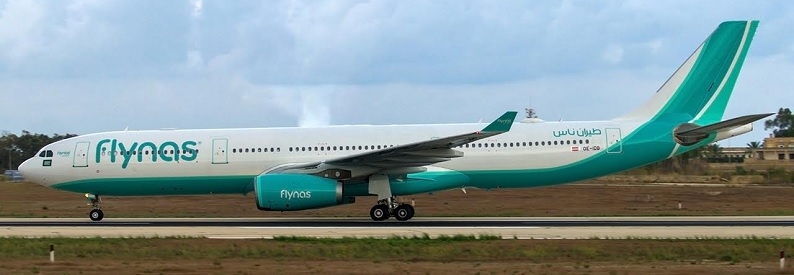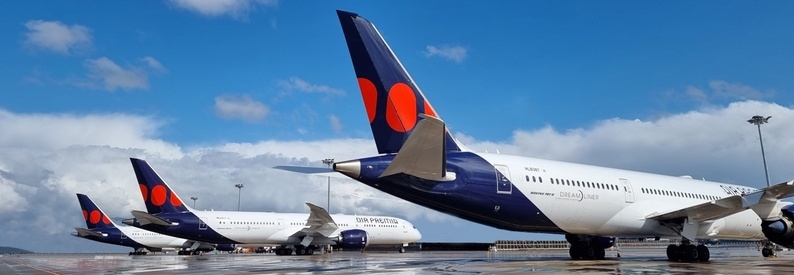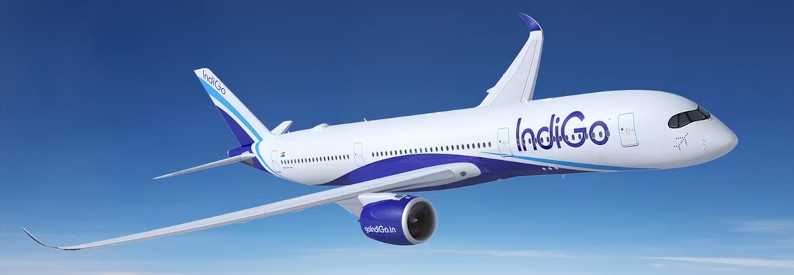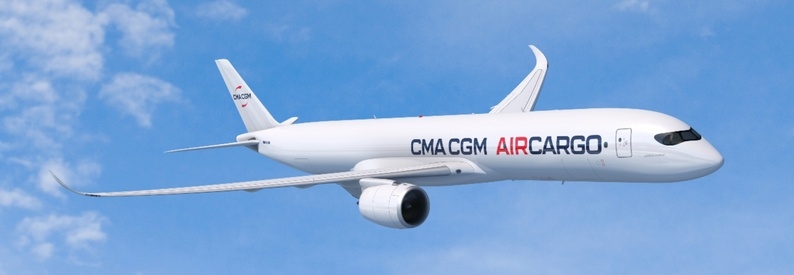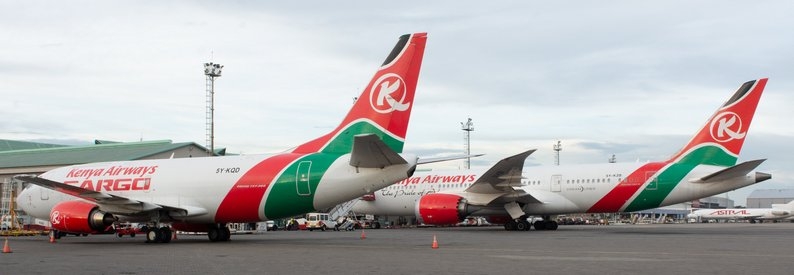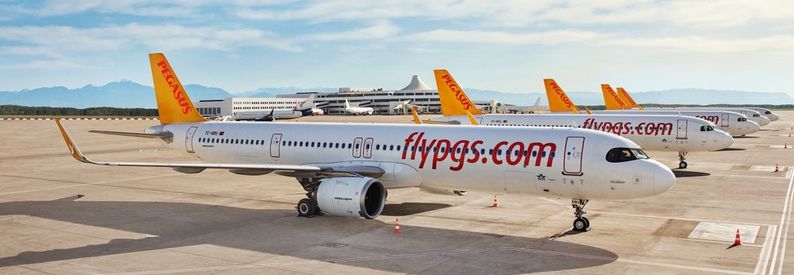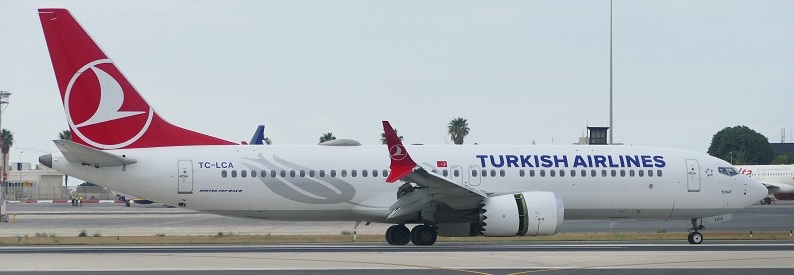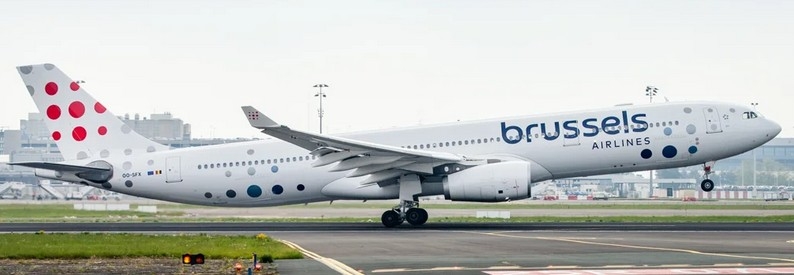Diyarbakir, the largest airport in the Kurdish-majority region of Turkey, has been closed for repairs until June 24, 2021, following a failed drone attack on the airport on May 19, which Ankara has blamed on the Kurdistan Workers Party (PKK).
News reports linked the closure to the attack, but an official statement from the Diyarbakir Governorship on May 22 blamed “deterioration caused by increased civil and military flights” for the closure of the airport runway for a month from May 24. Civilian flights have been directed to Batman and Mardin, the nearest airports.
Diyarbakir is a military airbase housing the 8th Main Jet Base Command of the Turkish Air Force, as well as being a public airport that serves Diyarbakir, the biggest city in the Kurdish region. It has a single 3,550-metre-long concrete runway, 16/34, situated at an elevation of 686 MSL.
On May 19, the governorship had issued a short statement confirming that an attempt had been made to attack the military base with what it termed "a model plane" but that there had been no casualties.
Turkey’s Interior Minister Süleyman Soylu said on social media that the attempted attack had been made with two such aircraft, which had been “neutralised”.
Arab News reported that officials in the region said fighter jets had shot down two drones and claimed there was no damage caused by the strike, but witnesses reported seeing smoke rising from the base soon afterwards.
The PKK, a banned Kurdish militia, has been waging war against Turkish forces in the areas for four decades, with 5,300 people killed in the region since peace negotiations broke down in 2015. Experts believe the conflict between Turkey and the PKK could accelerate if the Kurdish group has adopted drone technology, The Times reported.
Turkey has become a major manufacturer of drones in recent years, led by the defense firm Baykar, which is owned by the family of Selcuk Bayraktar, President Recep Erdogan’s son-in-law. Turkish drones have been used most recently in the Libyan conflict, by Azeri forces in the 2020 Nagorno-Karabakh conflict, and by Ukraine in its fight against Russian-backed militias in the Donbass.
The airlines affected by the airport's closure are Turkish Airlines (TK, Istanbul Airport), which holds the lion's share of more than 48% of weekly seat capacity at Diyarbakir, followed by SunExpress (32%), Pegasus Airlines (17%), and Corendon Airlines (just under 2%), the ch-aviation capacities module reveals.
The top ten routes weekly (by capacity) that are affected include Istanbul Sabiha Gökcen, Istanbul Airport, Izmir Adnan Menderes, Ankara Esenboga, and Antalya in Turkey; and Hannover, Düsseldorf, Frankfurt International, and Stuttgart Manfred Rommel in Germany.

